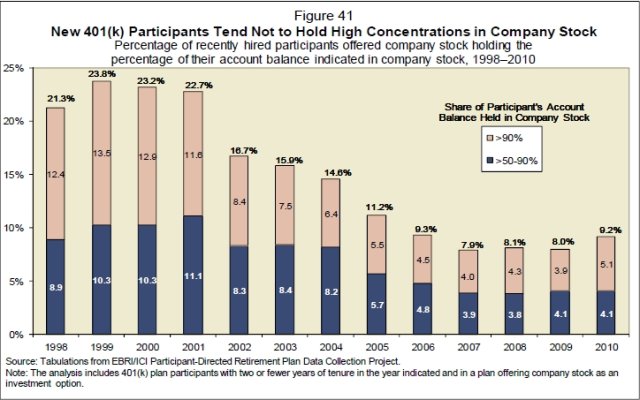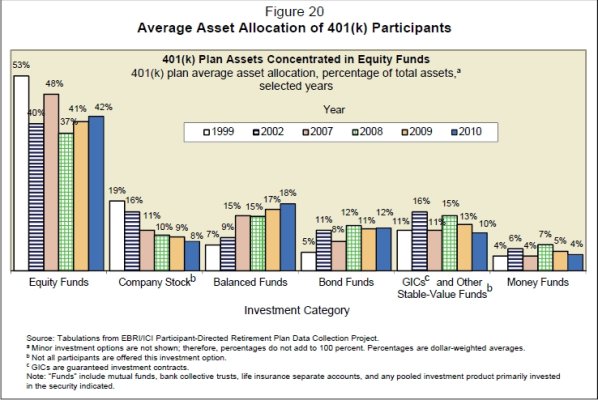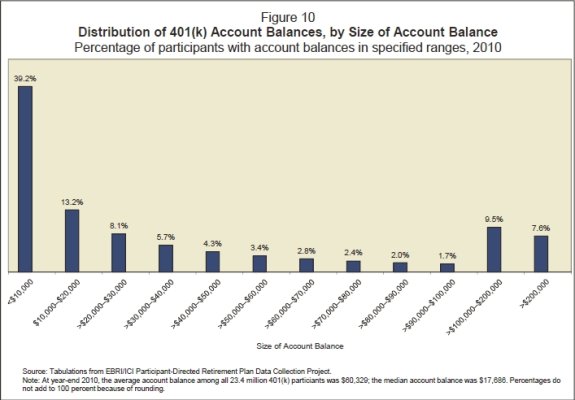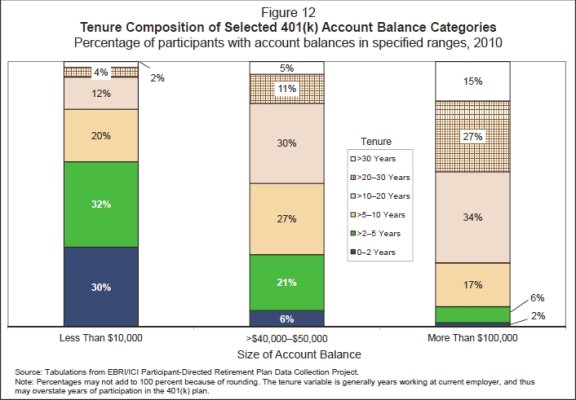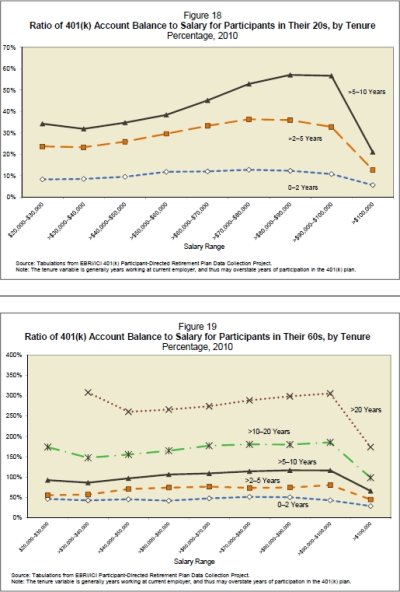Midpack
Give me a museum and I'll fill it. (Picasso) Give me a forum ...
This is tongue in cheek, and it's not - Scott Burns is another good resource IMO. I unknowingly followed this advice recently...
The Jumbo CD in Your Garage - Registered Investment Advisor?
Hummer aficionados needn't bother to read it.
The Jumbo CD in Your Garage - Registered Investment Advisor?
Hummer aficionados needn't bother to read it.
Last edited:

